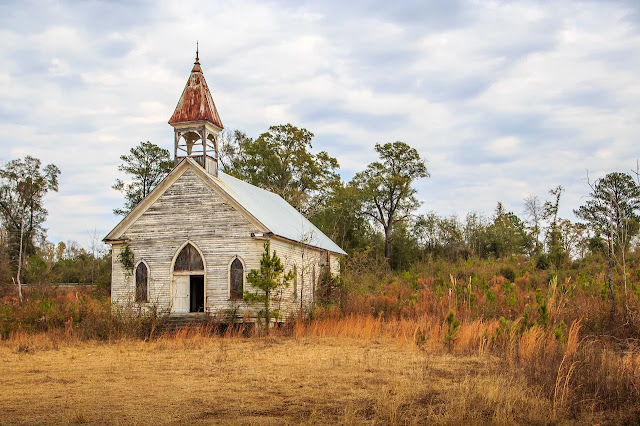By Pastor Benjamin Glaser - Posted at Thoughts From Parson Farms:
How the First Commandment Reminds Us to Worship Well
Good Morning!
The Larger Catechism earns its name in no more honest way than when we get to the lengthy, detailed definitions of the commandments. There is an earnestness in its examinations that while it may seem to some as excessive navel gazing it is really a helpful, meat-filled, guide to help us to see how the Ten Laws expose our self-justification and drive us to Christ, and having done that move us to better obedience in love to our gracious and merciful God.
If there is a besetting sin of our cultural age it is the fact that we work hard at being lazy. No generation of men in the history of the world have done more to try and get out of difficulty than our own. I want to make a promise to you. It is worth the effort that it will take to really think through the totality of what the LC questions and answers have to teach us for worship and life in accentuating the blessings of the First Commandment (and all those which come after).
Since the Q/A’s take up so much of our limited space let’s go ahead and get to them:
Q. 105. What are the sins forbidden in the first commandment?
A. The sins forbidden in the first commandment, are, Atheism, in denying or not having a God; Idolatry, in having or worshipping more gods than one, or any with or instead of the true God; the not having and avouching him for God, and our God; the omission or neglect of anything due to him, required in this commandment; ignorance, forgetfulness, misapprehensions, false opinions, unworthy and wicked thoughts of him; bold and curious searching into his secrets; all profaneness, hatred of God; self-love, self-seeking, and all other inordinate and immoderate, will, or affections upon other things, and taking them off from him in whole or in part; vain credulity, unbelief, heresy, misbelief, distrust, despair, incorrigibleness, and insensibleness under judgments, hardness of heart, pride, presumption, carnal security, tempting of God; using unlawful means, and trusting in unlawful means; carnal delights and joys; corrupt, blind, and indiscreet zeal; lukewarmness, and deadness in the things of God; estranging ourselves, and apostatizing from God; praying, or giving any religious worship, to saints, angels, or any other creatures; all compacts and consulting with the devil, and hearkening to his suggestions; making men the lords of our faith and conscience; slighting and despising Gad and his commands; resisting and grieving of his Spirit, discontent and impatience at his dispensations, charging him foolishly for the evils he inflicts on us; and ascribing the praise of any good we either are, have, or can do, to fortune, idols, ourselves, or any other creature.
Q. 106. What are we specially taught by these words (before me) in the first commandment?
A. These words (before me) or before my face, in the first commandment, teach us, that God, who sees all things, taketh special notice of, and is much displeased with, the sin of having any other God: that so it may be an argument to dissuade from it, and to aggravate it as a most impudent provocation: as also to persuade us to do as in his sight, whatever we do in his service.
